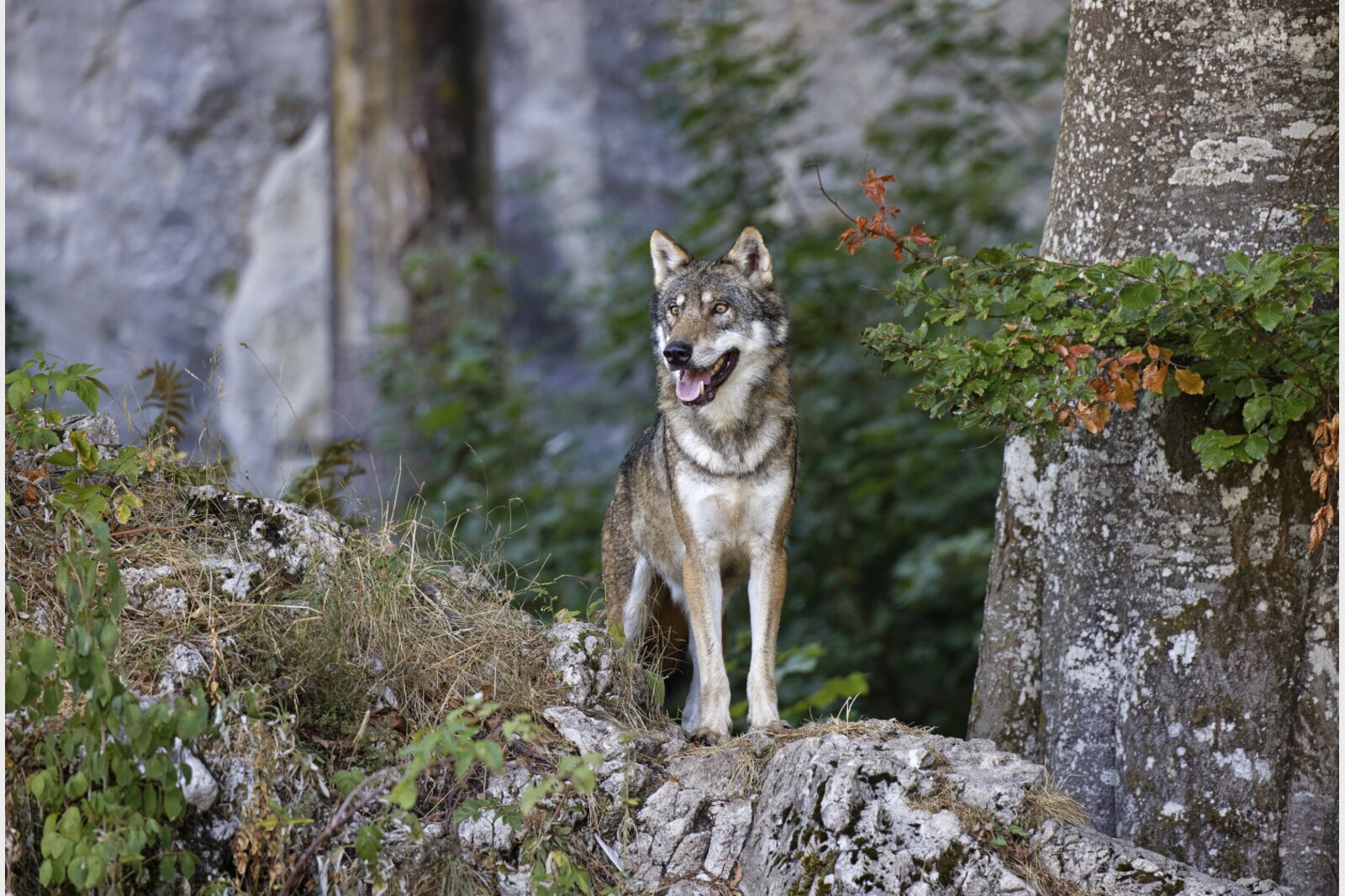Press release regarding judgment A-4912/2022
The Valais cannot cull the Val d’Hérens wolf pack
The Federal Administrative Court rejects the culling application from the Canton of Valais. The criterion according to which sheep found more than 100 metres from their night pasture are not sufficiently protected by the livestock guardian dogs is consistent with the relevant current legislation.

During the 2022 summer grazing season, several livestock animals fell victim to wolf attacks in the region. The Federal Office for the Environment (FOEN) denied the request made by the Canton of Valais for the culling of the Val d’Hérens wolf pack on the grounds that several sheep had been found further than 100 metres from the night pasture and were not sufficiently protected by the livestock guardian dogs on the mountain grazing land. It therefore excluded those sheep from the damage assessment. In its appeal, the Canton of Valais challenged the 100-metre limit set by the FOEN.
Subsidiarity of shooting orders
In its judgment, the Federal Administrative Court underscored that the wolf remains a strictly protected species under the Bern Convention and that it can only be deliberately killed as a last resort. Under the current legislation on hunting, the prerequisite for culling a pack is that there must be actual damage to livestock or a serious threat to human life. Only “reactive” shooting is permitted for herd protection. This principle is formally enshrined by statute and cannot be amended by a norm of a lower rank. It follows that the culling of a wolf pack to protect livestock is subsidiary to other less invasive protective measures. The existence of substantial damage must be assessed in the light of the reasonably required protective measures.
Protective effect of livestock guardian dogs
The FAC notes that it is up to the FOEN to decide which protective measures may be reasonably required. The proper deployment of guardian dogs for herd protection is one of such measures. But livestock guardian dogs are only effective if the herd remains compact. When attacked, livestock animals may well react by fleeing. There is however no indication that, when drawing up its directives, the FOEN failed to take into account the possibility of livestock fleeing in the event of attack. The FOEN concedes that a distance of 100 metres from the pasture is still acceptable and offers livestock adequate protection. This tolerance is based in particular on the fact that livestock behaviour cannot be accurately controlled.
The FAC concludes that, under the legislation currently in force, the FOEN did not deviate from the applicable rules when it decided that sheep found more than 100 metres from the night pasture were not sufficiently protected by the guardian dogs. The FAC therefore denies the appeal.
This judgment may be appealed to the Federal Supreme Court.
Contact

Rocco Maglio
Press secretary
